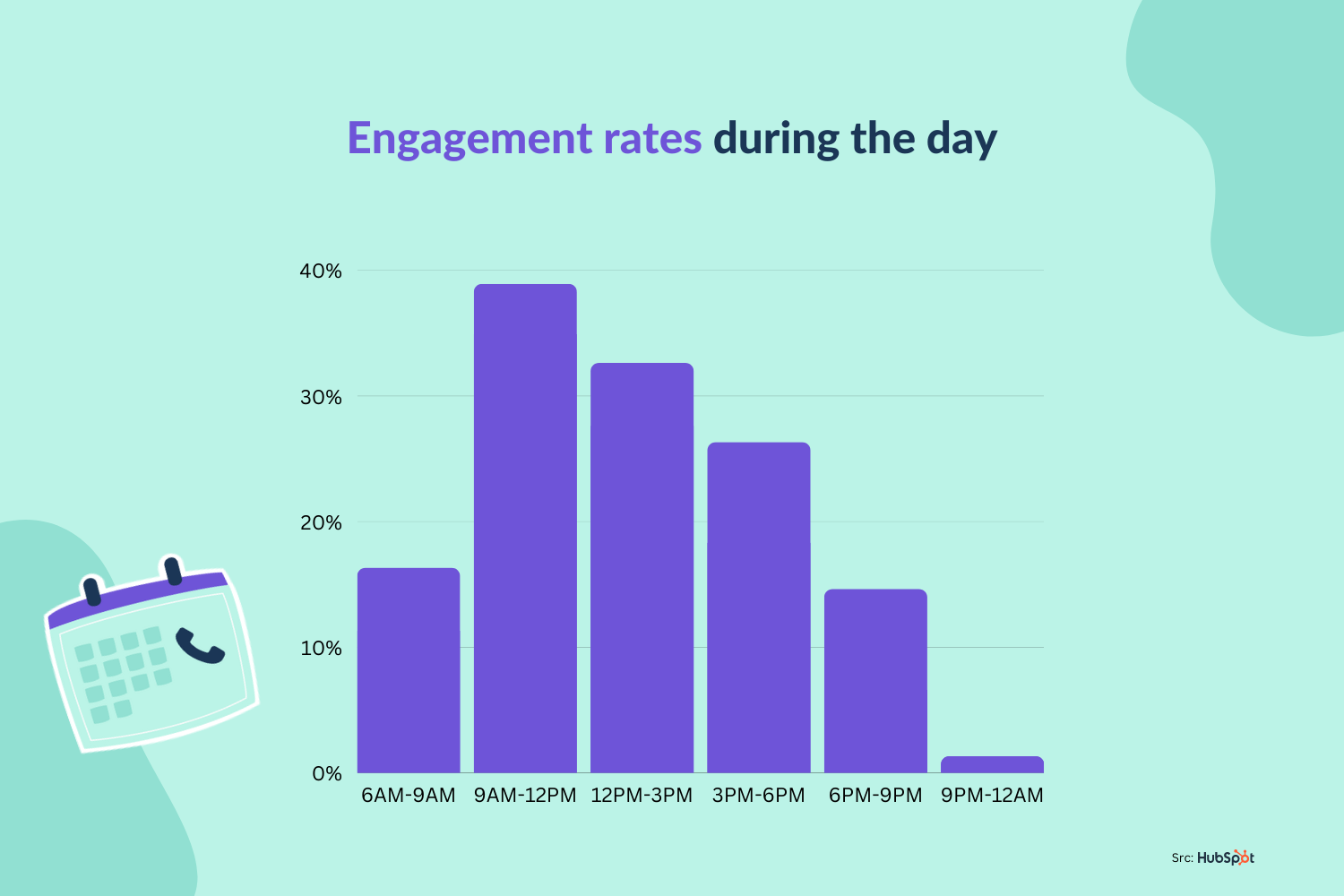In times of crisis, businesses can often feel the pressure to maintain their visibility and connection with their customers. Email marketing is a powerful and cost-effective tool that allows businesses to do just that. However, during tough times, it’s essential to adjust your approach to ensure that you’re communicating sensitively and effectively.
In this guide, we’ll explore how to adapt your email marketing strategy during challenging periods, keeping your brand relevant and your customers engaged.
1. Re-evaluate your goals and objectives
When the world around us changes, our goals and objectives may need to be reevaluated. It’s essential to reassess your email marketing strategy to ensure that it aligns with your current business objectives. Consider the changes in your customers’ needs and priorities, as well as the impact of external factors on your business operations.
2. Be empathetic and sensitive

During tough times, it’s crucial to show empathy and understanding towards your customers’ situations. Avoid using overly sales-driven language and instead focus on providing support and information. Consider how your products or services can help customers during these challenging times, and communicate this value proposition in a compassionate and thoughtful manner.
3. Keep your messaging relevant and timely
In a rapidly changing environment, it’s essential to ensure that your email content is relevant and up-to-date. Stay informed about the latest developments and adjust your messaging accordingly. This might mean pausing certain campaigns or promotions, or creating new content that addresses the current situation more directly.
4. Focus on relationship building

During difficult times, customers are more likely to remember the businesses that were there for them. Prioritise building and maintaining strong relationships with your subscribers by providing valuable content and support. This could include sharing helpful resources, offering special discounts or incentives, or simply sending a heartfelt message to let your customers know you’re thinking of them.
5. Segment your audience
Not all customers will be affected by a crisis in the same way. By segmenting your email list, you can tailor your messaging to better meet the specific needs and circumstances of different groups. This targeted approach can help to improve the relevance and effectiveness of your campaigns, leading to stronger engagement and loyalty.
6. Monitor and adjust your email frequency

It’s important to strike the right balance between staying connected and not overwhelming your subscribers. Be mindful of your email frequency and adjust it according to your audience’s needs and preferences. If you notice a drop in engagement, consider reducing the number of emails you send, or experiment with different content and formats to find what works best.
7. Test and learn
As the situation evolves, so should your email marketing strategy. Keep a close eye on your campaign performance and use data-driven insights to inform your decision-making. Be open to testing new ideas and approaches, and be prepared to pivot your strategy as needed to stay relevant and effective.
8. Communicate with transparency
Clear and honest communication is more important than ever during tough times. Be open with your customers about any changes to your business operations or policies, and keep them informed of any updates or developments. This transparency can help to build trust and credibility, positioning your brand as a reliable source of information and support.

In conclusion, adjusting your email marketing strategy during tough times is essential to maintaining strong customer relationships and ensuring your brand remains relevant. Stay adaptable, learn from your data, and be prepared to adjust your approach as needed to keep your email marketing campaigns effective and engaging.


No Comments
Leave a comment Cancel